Can We Still Trust Julian Assange and WikiLeaks?
The WikiLeaks founder now appears to have been a political operative in 2016—favoring the Trump campaign—despite his denial that he played such a role.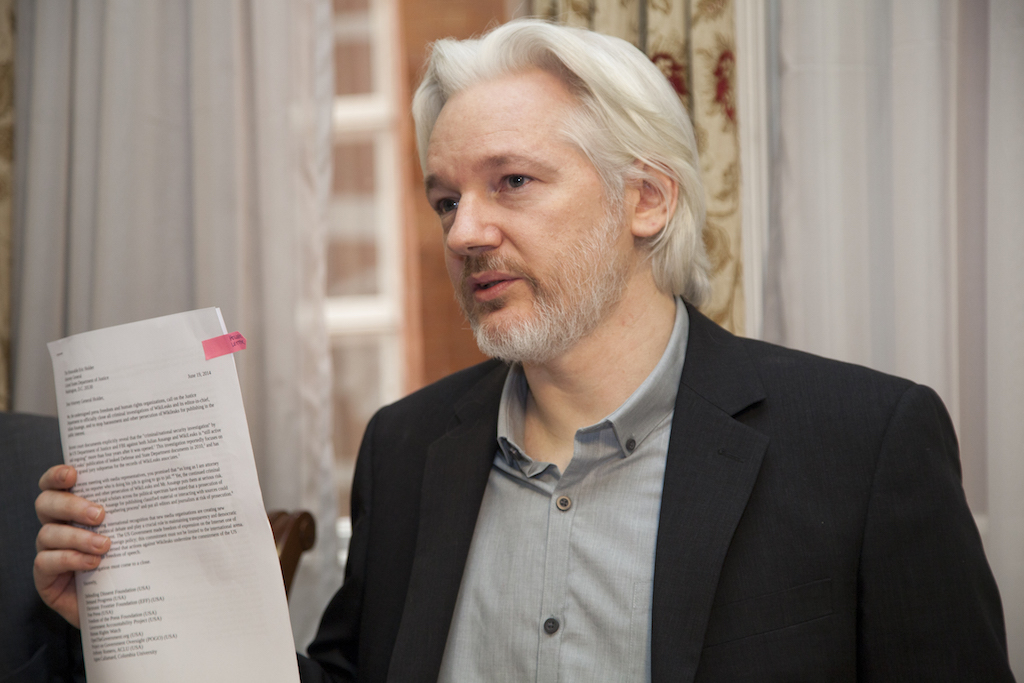 Julian Assange in 2014 at the Ecuadorian Embassy in London, where he has been living since 2012. (David G. Silvers / Wikimedia)
Julian Assange in 2014 at the Ecuadorian Embassy in London, where he has been living since 2012. (David G. Silvers / Wikimedia)
Donald Trump Jr.’s private Twitter exchanges with WikiLeaks have added a new level of intrigue to the probe of the 2016 presidential election. On Monday, The Atlantic first reported secret correspondences between Trump Jr. and WikiLeaks during the campaign. Later that day, Trump Jr. released all of his correspondences on Twitter.
Here is the entire chain of messages with @wikileaks (with my whopping 3 responses) which one of the congressional committees has chosen to selectively leak. How ironic! 1/3 pic.twitter.com/SiwTqWtykA
— Donald Trump Jr. (@DonaldJTrumpJr) November 14, 2017
2/3 pic.twitter.com/b1B9PBGl5t
— Donald Trump Jr. (@DonaldJTrumpJr) November 14, 2017
3/3 pic.twitter.com/5FdeNrbg02
— Donald Trump Jr. (@DonaldJTrumpJr) November 14, 2017
The news has raised questions about the credibility of WikiLeaks and its founder, Julian Assange. After WikiLeaks launched in 2006, the nonprofit organization gained a well-earned reputation as an unbiased platform where whistleblowers could publish secret information and classified media and maintain their anonymity. WikiLeaks lived up to its motto: “We open governments.” Assange prided himself and his organization on being nonpartisan—committed to uncovering wrongdoing, regardless of political affiliation.
But in 2016, after releasing thousands of emails related to the Democratic National Committee and Hillary Clinton presidential campaign, WikiLeaks became a controversial part of the election story. The group’s many enemies questioned its motives. Assange denied he was working as a political operative, favoring the Donald Trump campaign. Now, can we be sure?
This week, Robert Mackey wrote a piece in The Intercept titled “We Knew Julian Assange Hated Clinton. We Didn’t Know He Was Secretly Advising Trump.“
Mackey reported:
One of the most high-profile dissenters was journalist Barrett Brown, whose crowdsourced investigations of hacked corporate documents later posted on WikiLeaks led to a prison sentence.
Brown had a visceral reaction to the news … that WikiLeaks had been advising the Trump campaign. In a series of tweets and Facebook videos, Brown accused Assange of having compromised “the movement” to expose corporate and government wrongdoing by acting as a covert political operative.
Brown explained that he had defended WikiLeaks for releasing emails hacked from the Democratic National Committee, “because it was an appropriate thing for a transparency org to do.” But, he added, “working with an authoritarian would-be leader to deceive the public is indefensible and disgusting.”
He was particularly outraged by an Oct. 21, 2016 message, in which Assange had appealed to Trump Jr. to let WikiLeaks publish one or more of his father’s tax returns in order to make his group’s attacks on Hillary Clinton seem less biased. “If we publish them it will dramatically improve the perception of our impartiality,” the Assange-controlled @Wikileaks account suggested. “That means that the vast amount of stuff that we are publishing on Clinton will have much higher impact, because it won’t be perceived as coming from a ‘pro-Trump’ ‘pro-Russia’ source, which the Clinton campaign is constantly slandering us with.”
As Brown pointed out in another tweet, it was all-caps exasperating that Assange was in this case “complaining about ‘slander’ of being pro-Trump IN THE ACTUAL COURSE OF COLLABORATING WITH TRUMP.”
The journalist, an Intercept contributor, whose work had been championed by WikiLeaks, also shared a link to a Reddit AMA conducted two days after the election in which WikiLeaks staff, including Assange’s longtime collaborator Sarah Harrison, had denied point-blank that they had collaborated with the Trump campaign.
… Some supporters of Julian Assange have argued that the Oct. 21 direct message that so infuriated Barrett Brown—in which Assange argued that it would be good for the Trump campaign to allow WikiLeaks to publish one or more of Donald Trump’s tax returns—merely showed the publisher trying to obtain private material of public interest. It is important to keep in mind, however, that the proposal, explicitly presented as a way for WikiLeaks to seem to be less “pro-Trump,” would have compromised the organization’s principles, by disguising material released by a political campaign as a leak obtained from a whistleblower.
The only comment from WikiLeaks was a tweet on Monday that linked to Trump Jr.’s explanation.
Donald Trump Jr. publishes missing context to alleged Twitter correspondence with @WikiLeaks https://t.co/qGW7mQ0Pmm
— WikiLeaks (@wikileaks) November 14, 2017
The only comment from Assange was a tweet that linked to an article by journalist Caitlin Johnstone titled “‘The Atlantic’ Commits Malpractice, Selectively Edits To Smear WikiLeaks.”
This is pretty good! https://t.co/zfSVReUluN
— Julian Assange ? (@JulianAssange) November 15, 2017
Assange has done important whistleblowing work and braved much as the leader of WikiLeaks to expose truth to power. WikiLeaks has never published a false story. However, this latest revelation about the 2016 election has disappointed some people. Time will tell if Assange and WikiLeaks can regain the public’s trust and be regarded as impartial publishers.
Independent journalism is under threat and overshadowed by heavily funded mainstream media.
You can help level the playing field. Become a member.
Your tax-deductible contribution keeps us digging beneath the headlines to give you thought-provoking, investigative reporting and analysis that unearths what's really happening- without compromise.
Give today to support our courageous, independent journalists.
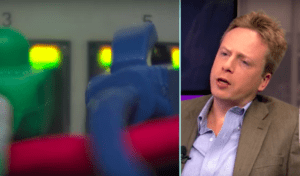
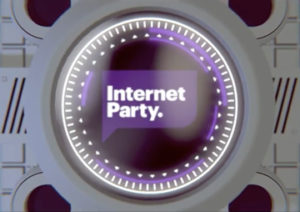


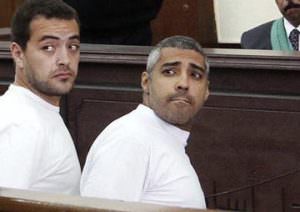
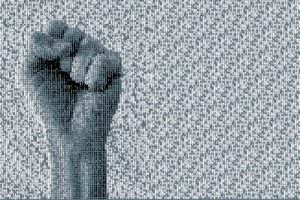
You need to be a supporter to comment.
There are currently no responses to this article.
Be the first to respond.